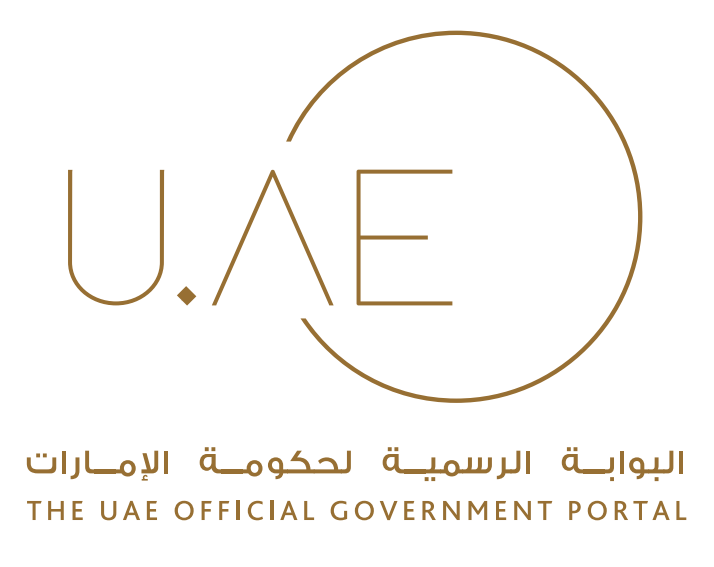The Mohammed Bin Rashid Space Centre (MBRSC) today announced the commencement of environmental testing for MBZ-SAT, the most advanced satellite in the region, after the transportation of the flight model to the Korea Aerospace Research Institute (KARI) testing facility in South Korea.
A 36-member team of engineers from MBRSC, led by Amer AlSayegh AlGhaferi, Assistant Director General of the Aerospace Engineering Sector, MBRSC is currently in South Korea overseeing the final preparations for MBZ-SAT before its launch. The environmental testing phase is expected to span a duration of two months, during which the MBRSC engineers, guided by Tariq AlNasser, Environmental Test Manager, will meticulously conduct and monitor the four essential tests, namely Thermal Vacuum (TVAC), Vibration, Acoustic, and Mass Properties. These comprehensive tests are vital to verifying the satellite's resilience and functionality under the demanding conditions of space.
His Highness Sheikh Hamdan bin Mohammed bin Rashid Al Maktoum, Crown Prince of Dubai, Chairman of The Executive Council of Dubai, and President of MBRSC, had officially approved the MBZ-SAT for launch no earlier than October 2024. The satellite, which is the latest addition to the UAE Satellite Programme, will be launched on a SpaceX Falcon 9 rocket during the Transporter-12 Rideshare mission.
H.E. Salem Humaid AlMarri, Director General, MBRSC, said, "We are making steadfast progress towards the intended launch of MBZ-SAT later this year. Through the exceptional talent and innovative capabilities of our dedicated team of engineers and scientists, we have now entered the critical phase of Environmental Testing, to ensure the satellite's resilience against the rigours of launch and space operations. As we advance through this significant milestone, we eagerly anticipate the upcoming phases of preparation. Our focus remains on pushing the boundaries of space science and engineering, furthering our contributions to technological advancements and sustainable development on Earth.”
Amer AlSayegh AlGhaferi, Assistant Director General of the Aerospace Engineering Sector, MBRSC said, “The environmental testing phase is a crucial step to ensure the MBZ-SAT's readiness to operate in the harsh environment of space. Our team of engineers is conducting these tests at the KARI testing facility to ensure the highest levels of accuracy and quality, which aligns with the Centre’s vision to develop advanced space technology and enhance the UAE's position in space exploration. We look forward to the successful completion of these tests and work towards launching the satellite as scheduled.”
Environmental testing phases
The satellite’s environmental testing sequence will commence with Thermal Vacuum (TVAC) testing, where it will be subjected to simulated space conditions of extreme temperature and vacuum. Following TVAC, the satellite will undergo Vibration testing, which assesses its structural integrity and ability to withstand the mechanical stresses encountered during launch and operation.
Subsequently, the satellite will undergo Acoustic testing, replicating the intense sound pressure levels experienced during launch, to ensure it can withstand such conditions without damage. Finally, Mass Properties testing will be conducted to precisely measure and characterise the satellite's mass distribution, aiding in its accurate deployment and trajectory calculations in space. This sequential testing approach ensures thorough evaluation of the satellite's readiness for safe and reliable operation in space.
Following the successful completion of the environmental testing phase, MBZ-SAT will be ready for transport to the United States of America, where following its arrival, it will be prepared for the scheduled launch.
Most advanced satellite in the region
MBZ-SAT, 100% fully developed and built by a team of Emirati engineers, marks a significant technological advancement, playing a crucial role in bolstering the UAE's sustainable space economy. The satellite, which has engaged local companies in the manufacturing of nearly 90% of its mechanical structures and most of its electronic modules, has substantially propelled the regional localisation of aerospace industries.
Furthermore, MBZ-SAT, equipped with one of the region's most powerful cameras, can capture high-resolution images of areas smaller than a square metre, meeting the increasing commercial demand for such images and establishing the UAE as a centre of high-tech space technology development and innovation.
The Centre will offer rapid turnaround of captured data round-the-clock, sharing it with users globally through an advanced system. This imagery solution can support a wide variety of uses within mapping and analysis, environmental monitoring, navigation, infrastructure management and disaster relief efforts, to name a few.









 For an optimal experience please
For an optimal experience please